It was just over a year ago when I first researched and drafted an article on greenwashing.
Greenwashing was on everyone’s minds as the ACCR set legal precedent by launching a court case against Santos, for the gas giant’s optimism about transitioning to net zero and the role of gas in a low-carbon world. FIFA was being accused of flimsy calculations behind carbon-neutral claims for the 2022 World Cup, while consumers called hypocrisy on Mercedes-Benz’s feel-good “Nature or Nothing” campaign alongside scandals for cheating vehicle emissions tests.
So much has changed within the past year in greenwashing cases, regulatory action, and evolving disclosure. Yet change might just be the beginning.
After a year of fulltime baby-raising, I’ve returned to the fray of an economy confronting its climate challenges and been met with volumes of commentary on greenwashing, decisive actions by regulators, and other signals of change. Barely the week I returned, ASIC clocked its first civil win against greenwashing at a hearing against Vanguard (March 2024) – an individual case sitting against a backdrop of systemic and regulatory movements.
So what exactly has changed in the past year or so?
A year of focussed scrutiny from regulators
To reflect on where we are now, it’s worth considering what’s come before, and 2023 was a big year for responding to greenwashing – with institutional backlash.
Greenwashing entered the list of ASIC’s enforcement priorities for 2023, and in November that year, this theme was extended into 2024. “Misleading conduct in relation to sustainable finance including greenwashing” made it into this year’s enforcement list too.
With corporate behaviour within ASIC’s primary remit, the implications for market fairness that come with company greenwashing are a grave concern. Meanwhile, the ACCC, acting at the other end of the stakeholder spectrum – consumer protection – also takes umbrage with greenwashing within its remit.
The ACCC’s well-publicised internet sweep in October 2022 reviewed the online presence of 247 Australian businesses/brands across eight consumer-facing sectors. It found 57% of the businesses made environmental claims with potential to mislead consumers. Findings from the sweep are summarised in a short, insightful report analysing different forms of greenwashing, the consumer sectors most at risk (cosmetics and personal care topped the list), and what the ACCC would do about it.
What followed has been greater enforcement scrutiny on several businesses and the ACCC publishing guidance to improve environmental claims for business in December 2023. It’s worth noting ASIC has had an information sheet on avoiding greenwashing predating this, too.
Riding the momentum of ASIC’s and ACCC’s greenwashing crackdowns, in June 2023, a Senate enquiry into greenwashing was launched to uncover the impacts of greenwashing on consumers and the environment, and to develop legal/regulatory mechanisms to prevent it. The enquiry received 127 submissions by diverse parties – from regulatory bodies to environmental groups, industry councils to universities, companies to individuals.
Whether the efforts of regulators have resulted in lifting reporting standards and environmental integrity is perhaps too early to tell, but 2023 was a critical year for awareness and the fight against greenwashing.
Even more recently, and abroad, European members of parliament broke new ground in early 2024, voting for a directive against the unsubstantiated use of words like “eco-friendly” and “biodegradable”, and any claims of “climate neutral” status that rely on offsets, by 2026.
However, responses from some quarters of industry have taken a problematic turn. In the face of stronger anti-greenwashing action, one reaction from reporters has been not to improve standards, but to back away from disclosure altogether.
A worrying reticence from companies
When someone’s on your tail about what you say, do you say it better – or do you say less?
Commentators have been using the term “greenhushing” for as long as regulators have been calling out greenwashing – perhaps even longer. Greenhushing refers to the practice of limiting disclosure to avoid scrutiny and escape accountability on climate or environmental action.
It’s hard not to notice that the rising talk about greenhushing around mid-2023 correlates with the surge in anti-greenwashing enforcement actions. That’s a disappointing trend for those calling out misleading companies: to have the deception replaced with withdrawal, not improvement. As well as regulatory action prompting more greenhushing, some have hypothesised that environmental monitoring data being more accessible (and interesting) to consumers/investors puts companies on the defensive, exacerbating the greenhushing trend.
But regardless of current disclosure levels, Australian companies will not be able to hide in silence for long.
Pending standardisation through mandatory reporting
When the Australian Accounting Standards Board released its exposure draft for a set of Australian Sustainability Reporting Standards (ASRS) in October 2023, Australian companies received a strong signal that mandatory reporting on climate, and the need to commit to action, was on the horizon – and not the indefinite horizon, but as early as January 2025 in the case of Group 1 reporters.
With not only an obligation for disclosure, but a defined framework against which to report emissions performance, climate risk exposure and decarbonisation progress, corporate silence – greenhushing – will be almost impossible, and the overreaching of claims – greenwashing – significantly less viable.
A key feature of the ASRS framework, which is based on global standards developed by the International Sustainability Standards Board, is an emphasis on veracity of claims, including assurance via audit processes no less rigorous than those required for financial statements. It wouldn’t be surprising that this additional accountability sees companies think twice about publicising claims that are dubious or easily challenged.
Providing a compulsory framework not only gives companies a greater mandate and guidance to improve their climate disclosures. It provides a framework of assessment which equips media, regulators, government, shareholders, and the public with a common picture of what constitutes good, sufficient reporting, and what falls short of the mark.
But it also opens further questions and is not without limitations. With a 3-year grace period within which reporters have time to adapt to aspects of the new framework, the promise of tight disclosure and quashed greenwashing practices may take time to realise.
Also, the pivotal role of the auditor within ASRS introduces a new party to corporate disclosures. Will liability for misleading disclosures be shared with those who assure the report – or even transferred? Are companies to be relieved of the sole burden for truth in environmental claims?
However, any company excited about the idea of unburdening itself through reliance on the audit process is up for disappointment. Auditing firms, conscious of the immensity of this new assurance area, will not be attaching their signatures lightly. The audit process is designed as the end point of report preparation – not a review step. Indeed, ASRS consultation with auditors has already seen a pushback in auditors’ willingness to step in without clear sustainability audit regulations. The required date by which to commence audits is now 1 July 2030.
Speaking of the ASRS and its anti-greenwashing potential, it’s worth questioning what slips through the cracks. Small companies that don’t meet the ASRS reporting threshold are one omission, although their climate impact is proportionally less material; nonetheless, they may still be caught up in scope 3 disclosures of larger companies.
With company reporting under ASRS’s bright spotlight, the area of advertising also remains out of its reach, largely in the domain of the ACCC to police. It can only be hoped that the ACCC’s current enforcement and outreach appetite, supporting businesses to reduce greenwashing in the name of consumer rights, continues at pace. We have no reason to believe it won’t.
The nature of greenwashing looks set to change in the new dawn of the ASRS. How exactly is a matter of speculation, but in summary, possible implications relate to:
- Who is greenwashing – not everyone is covered by the standards, although with rollout of the program from Groups 1 to 3, it’s set to cover Australia’s main emitters and an estimated 6,000+ companies (eventually) under Treasury’s option 1 scenario
- How greenwashing is done – as reporting tightens up, areas beyond reach of ASRS, such as advertising and other consumer-direct communications, remain risk areas, although misleading consumer claims will always be within the ACCC’s remit to prevent/penalise
- Why greenwash – with ignorance a dwindling defence in the rise of best practice standards, those left greenwashing may be driven by other factors.
Finding a root cause
Questions of motivation are always fascinating when it comes to individuals and companies – and often complex. While it may seem ponderous to consider “why they do it” at a time that greenwashing seems set for a reckoning, it’s also valid. The immense resources dedicated to tackling this issue – at regulator level for compliance, to board level for risk management – prompt reflection on what, fundamentally, compels this practice.
Put another way, where is the failing? Most of us are all for crackdowns and cleanups – but the ethicist would ask, is it worrying that we need a stick to compel integrity, a standard to dispel deception?
As a specialist climate change consultancy with decades of experience, Energetics has worked with clients from myriad sectors. We’re not out to point fingers, but we have a front-row seat on observation. Even with this vantage point, it is complex to understand why companies at large can be prone to commit misleading practices.
I believe there is room to empathise when the broader context of climate change is considered – what I call the bare premises: an economy faced by unprecedented threat; our infrastructure and systems called upon to pivot with uncomfortable urgency; our children compelling us to act morally with future generations in mind; businesses and structures that underlie how we live being rethought as unsustainable; competitive pressures persisting, but with an evolving values system; and for many, our livelihoods facing a reckoning. Some of those factors act in opposition. Others pull in the same direction.
Importantly, amid eagerness to act, there is not always the technology or incentives to support our full ambitions, and hasn’t always been the knowledge or protocols to eloquently communicate, or comprehend, the threats.
These factors are very real, and within their framing view, the risk of greenwashing isn’t hard to predict. Defensiveness of the status quo. Denial of the need for change. Ignorance about how. Ambition to find oneself on the right side of history. Haste to respond. Those seem to be key behavioural outlets for the grand pressures of our time; greenwashing is a sociological product.
Greenwashing rightly incurs condemnation. But there is room for a tailored response to the many who fall foul of their good intentions while striving for change – and that is understanding, even empathy.
The green shoots for greenwashers
The outlook is hopeful for the companies fearful of greenwashing who will cling to ASRS’s framework as a clean slate for confident, correct reporting. Never have we been so well-equipped with resources to avoid greenwashing – from sector-specific guides, like Climate Action 100’s Net Zero Standard for Diversified Mining, to information from regulators, like the ACCC/ASIC resources.
Energetics is active in this rich modern landscape of enabling and promoting best practice, delivering bespoke client advice grounded in robust, defensible, recognised standards. We help our clients concentrate and refine effort on the critical and emerging areas of managing greenwashing risk: scope 3 analysis, data integrity, offset risk management, quality considerations. We model decarbonisation options, and responsibly assess and interpret a company’s scenario-based physical and transitional climate risks.
We can also use our technical expertise to create tomorrow’s “tools” for governance – programming, designing, implementing new lines of defence against greenwashing based in data, standards and intelligent models. And with ASRS on the horizon, we are already engaging with ASX businesses to guide them through the requirements, assess their positions, and develop roadmaps for compliance.
I’m hopeful Australia has passed the peak of this scourge. Today, it is more possible than ever to find a path out of greenwashing, and tomorrow we may have even better chances as the ASRS framework sweeps across the economy in three groups.
Final thoughts
Returning from my year of leave has felt like taking a time capsule, from a point in time observing a rise in greenwashing to a more advanced moment of collective awareness, scrutiny, enforcement and possible remediation on the horizon.
I’m excited to see what a new blueprint for climate reporting looks like, and to watch, and actively support, as company after company gets aboard the ASRS scheme.
Reporting will not be perfect – it never is. But if 2023 is any indicator for the momentum we’ve carried into 2024, and will further take into 2025, the growing “green” we are seeing in Australia’s economy will be deeper than a surface-level wash.






